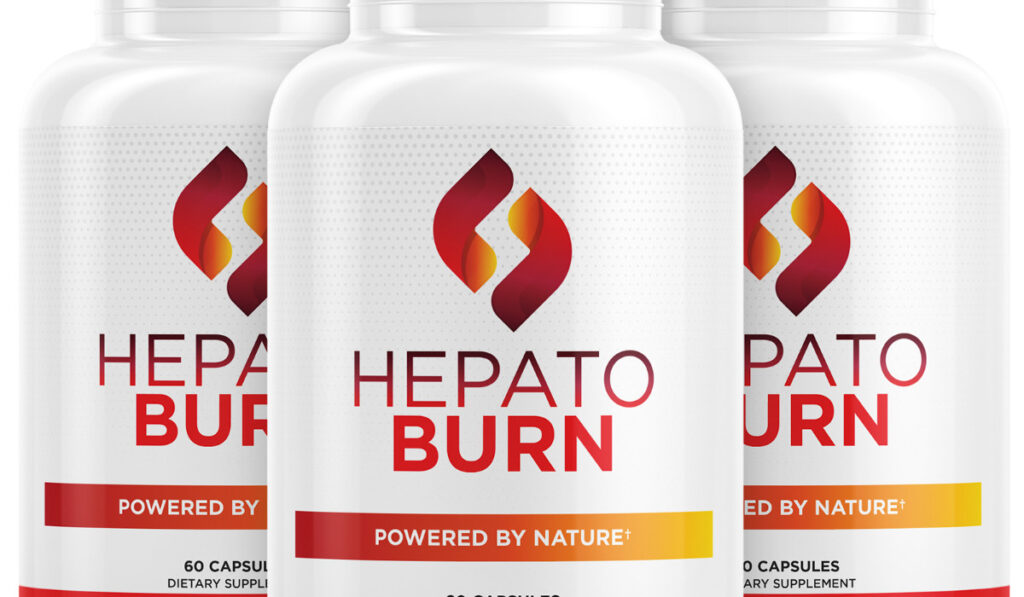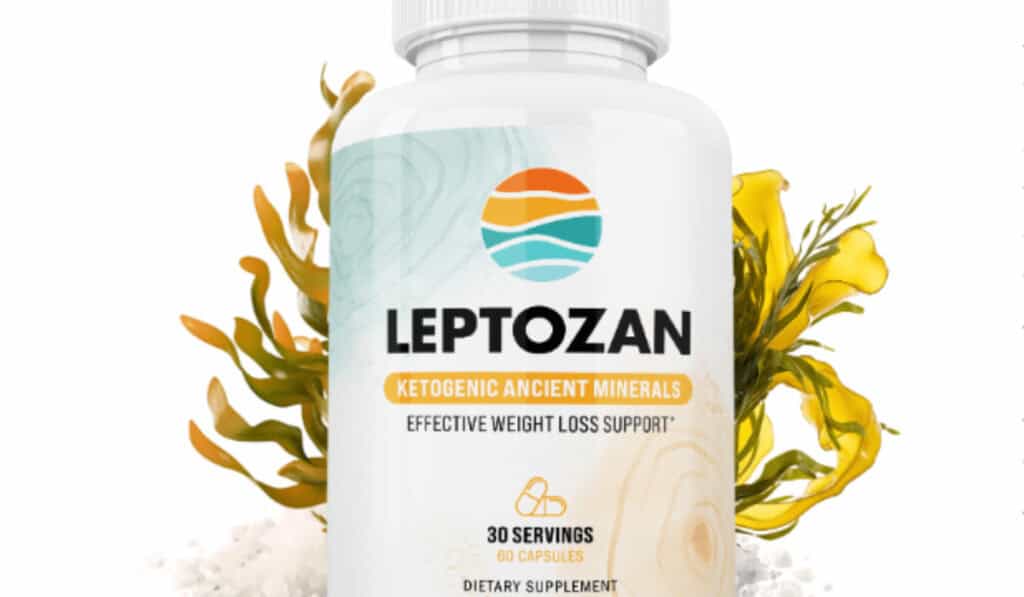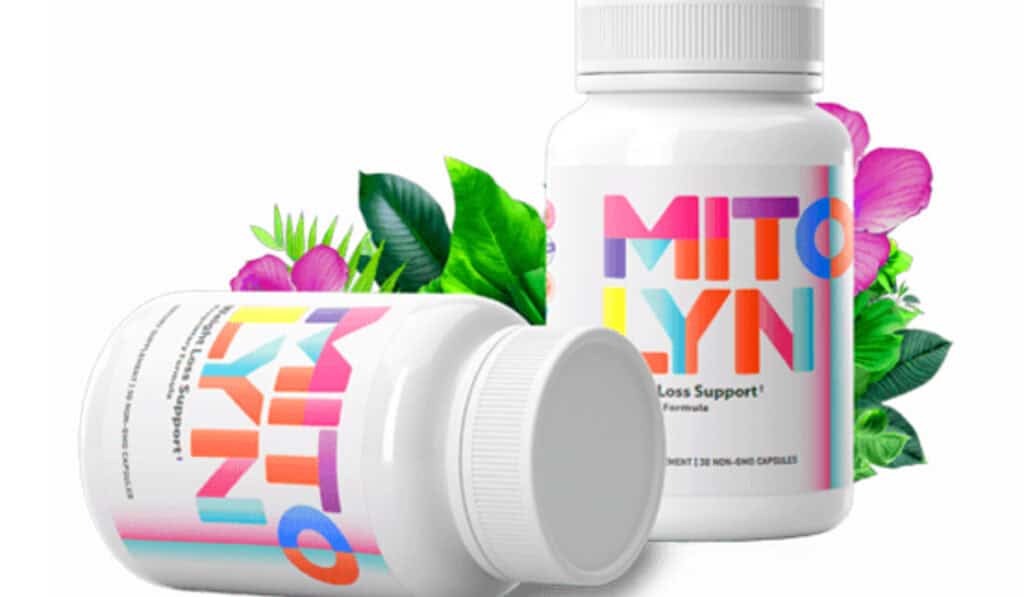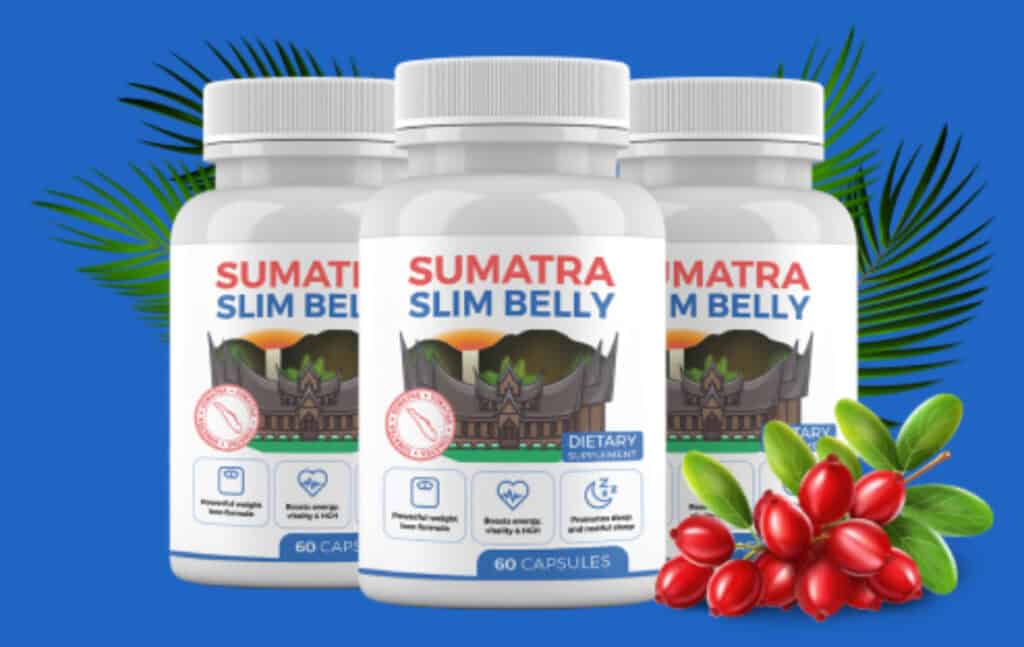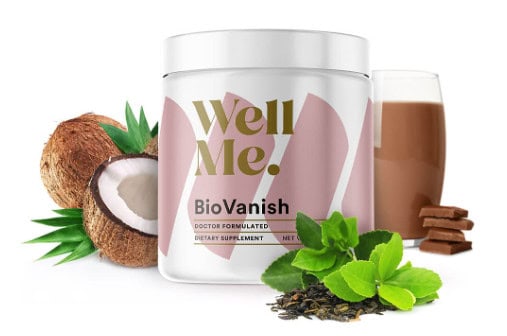How Much Do You Need to Preserve Muscle? A Comprehensive Guide
When you’re trying to lose fat, eating the right amount of protein is like finding the secret ingredient to preserve muscle mass. It’s not just about cutting calories; it’s about making sure every bite counts towards reaching your fitness goals. You might wonder how much protein you actually need. Well, it’s highly variable, but aiming for a daily protein intake that supports lean muscle mass while in a calorie deficit is key. This means including amounts of protein that will fuel muscle gain without storing extra body fat.
For example, eating 30 grams of protein per meal can help, and it’s easy to find in foods like chicken breast or Greek yogurt. These foods are not only packed with protein but also help you feel full longer, which can be a big help when you’re cutting calories to lose fat. Understanding your body fat percentage and adjusting your protein needs accordingly can also tailor your diet for optimal results. Remember, the goal is to lose fat, not muscle, so getting enough protein is crucial.
But how much is enough? A good rule of thumb is to consume protein per kilogram of body weight. This means if you weigh 70 kilograms (about 154 pounds), your target could be around 105 grams of protein a day, spread out over meals and snacks. However, this amount can change based on how active you are and your specific fitness goals. It’s not just about the numbers; it’s about listening to your body and adjusting as you go.
Lastly, don’t forget the importance of variety in your diet. While chicken breast and Greek yogurt are great sources of protein, diversifying your sources can help ensure you’re getting all the essential nutrients your body needs for muscle gain and overall health. Incorporating a mix of animal and plant-based proteins can make your diet more interesting and more effective in reaching your fat loss and muscle preservation goals.
Understanding the Role of Protein in Weight Loss and Muscle Preservation
Protein plays a big part in helping you lose fat while keeping your muscles strong. It’s like the magic ingredient that helps build muscle mass, even as you’re losing weight. When you eat protein, it helps your muscles stay strong and grow, which is especially important for older adults. It also means you can burn more fat without losing muscle. Plus, protein makes you feel full, so you eat less. This is really helpful for people who are overweight and need to consume fewer calories. Eating enough protein helps keep all parts of your body, like your immune system and connective tissue, working well. This makes protein a super important part of losing weight in a healthy way.
The Science Behind Protein and Muscle Health
Understanding how protein works in your body shows why it’s so important for keeping muscles healthy. When you eat protein, it goes to work by helping repair and build up muscle mass, which is crucial for anyone wanting to stay fit and strong. This process is especially important as we get older because it helps us maintain muscle mass and strength. So, eating enough protein is not just about looking good; it’s about keeping your body working well for years to come.
Why Protein is Essential for Muscle Maintenance During Weight Loss
When you’re cutting calories to lose weight, your body might start to use muscle for energy, which is not what you want. Eating enough protein tells your body to use fat instead, keeping your muscles safe and making you stronger. This is really important for older adults because it’s easier to lose muscle as we age. Keeping protein in your diet helps stop that from happening, keeping you stronger for longer.
Also, when you’re trying to lose weight, your body needs protein to help repair the muscles you’re working out in the gym. Without enough protein, your muscles can’t repair as quickly, making it harder to get stronger and keep muscle mass. This shows how important protein is for anyone trying to lose fat and keep their muscles strong at the same time.
Debunking Myths About Protein Intake and Fat Loss
There are a lot of myths out there about eating protein, like the idea that you can’t lose fat and gain muscle at the same time. But that’s not true. With the right daily protein intake, you can definitely lose fat while making your muscles stronger. Some people think eating a lot of protein will make you gain weight, but if you’re in a caloric deficit, you can eat a high-protein diet and still lose weight. It’s all about finding the right balance that works for your body.
Separating Fact from Fiction: Protein’s Impact on Body Composition
Eating protein can actually help you lose fat and improve your body composition. When you’re on a high-protein diet, your body can preserve lean body mass, which includes muscle, even when you’re losing fat. This is because protein helps you feel full longer and can increase the amount of calories you burn. Plus, with a protein intake of 1 gram per pound of body weight while keeping a caloric deficit, you can see real changes in your muscle gain and fat loss.
It’s important to remember that everyone’s body is different, so the amount of protein you need can vary. But, focusing on your daily protein intake while keeping an eye on your overall calories can help you reach your fitness goals without losing muscle. This balance is key to shaping your body the way you want while staying healthy.
Innovative Meal Planning for Increased Protein Consumption
When you’re focused on losing fat but want to preserve your lean body mass, planning your meals with a high protein focus is crucial. By crafting your diet around protein-rich foods, you can ensure your body gets the nutrients it needs to maintain muscle while in a caloric deficit. Think of your meal plan as a map guiding you toward your fat loss goals, with each meal and snack marked as opportunities to fuel your body optimally.
Recipes and Meal Ideas to Boost Your Protein Intake
Start your day with a protein-packed breakfast such as Greek yogurt with berries and a sprinkle of nuts. For lunch, consider a quinoa and chicken salad, loaded with vegetables and dressed with olive oil. These meals are not only high in protein but also provide essential vitamins and minerals. Snacks can include cottage cheese with pineapple or a small handful of almonds, keeping your protein levels topped up throughout the day.
Dinner might be grilled salmon or tofu, accompanied by a hearty portion of mixed vegetables and a side of lentils. These kinds of meals ensure that you’re meeting your protein intake of 1 gram per pound of body weight, especially important when you’re in a caloric deficit. Remember, the goal is to enjoy a variety of foods that contribute to your protein targets, making it easier to stick to your diet and reach your fat loss objectives.
The Role of Supplementation in Meeting Protein Needs
While whole foods should always be your primary source of nutrients, protein supplements can play a key role in helping you meet your daily protein requirements. They are particularly useful on busy days when preparing a high-protein meal isn’t feasible. Supplements like whey protein can be a convenient, efficient way to ensure you’re supporting your muscle preservation goals.
When to Consider Protein Supplements
Consider protein supplements if you’re struggling to meet your protein targets through diet alone. This is common for people with high protein needs due to heavy training schedules or for those who are always on the go. Supplements can also benefit those who find it challenging to consume enough protein due to dietary restrictions or appetite issues.
Types of Protein Supplements and Their Benefits
Whey protein is popular for its fast absorption and high-quality amino acid profile, making it excellent for post-workout recovery. Casein protein, on the other hand, digests slowly, providing a steady stream of amino acids to your muscles, ideal for taking before bed. Plant-based proteins like pea or hemp are perfect for vegetarians and vegans, ensuring they get a complete amino acid profile without animal products.
Each type of protein supplement offers unique benefits, whether it’s whey’s muscle repair support or casein’s night-time muscle nourishment. By understanding these differences, you can choose supplements that align with your lifestyle and fitness goals, enhancing your ability to maintain muscle mass while losing fat.
Protein Supplements vs. Whole Food Sources: What You Need to Know
While supplements can help you meet your protein needs, they shouldn’t replace whole food sources. Real foods provide a broader range of nutrients, including vitamins, minerals, and other compounds beneficial for overall health. Supplements can fill gaps in your diet but think of them as part of a larger, balanced approach to nutrition.
Making an Informed Decision on Protein Supplementation
Before adding supplements to your diet, consider your daily protein intake from food. If you’re consistently falling short, a protein supplement might be helpful. However, also assess your dietary habits and see if there are opportunities to include more high-protein foods. Remember, the goal is to support your muscle health and fat loss efforts effectively without relying solely on supplements.
When choosing a supplement, look for products with minimal added sugars and artificial ingredients. Quality is key, as you want to ensure what you’re consuming supports your health and fitness goals. Consult with a healthcare provider or a nutritionist to tailor your protein supplementation to your specific needs, ensuring it complements your diet and exercise regimen optimally.
Exercise and Its Synergy with Protein for Fat Loss
Combining exercise, especially strength training, with adequate protein intake is essential for losing fat while preserving muscle mass. This synergy helps stimulate muscle protein synthesis, promoting muscle maintenance and growth, even in a caloric deficit. Integrating both elements into your fat loss strategy can optimize results, enhancing both muscle tone and overall health.
Combining Strength Training with Adequate Protein Intake
Incorporating strength training into your routine increases the demand for protein, as your muscles need it for repair and growth. Ensuring you consume enough protein supports this process, aiding in muscle preservation and recovery. This approach not only helps in losing fat but also maintains your lean body mass, crucial for metabolic health and fitness.
The Impact of Exercise on Protein Requirements
Engaging in regular strength training elevates your protein needs. To support muscle repair and growth, your body requires additional amino acids, which can be met by increasing your protein intake. It’s important to distribute protein consumption evenly throughout the day, aligning it with your training schedule to maximize muscle protein synthesis and support recovery.
After a workout, consuming a protein-rich meal or snack can significantly impact your muscle recovery and growth. This practice ensures your muscles receive the essential amino acids needed to rebuild and strengthen, highlighting the importance of coupling exercise with strategic protein consumption for optimal results.
Creating an Effective Workout Plan to Complement Your Protein Intake
Designing a workout plan that aligns with your protein intake can help you maximize muscle preservation while losing fat. Consider the timing of your protein consumption in relation to your workouts, ensuring you fuel your body with protein both before and after exercise. This strategic approach supports muscle health, enhances recovery, and contributes to more effective fat loss.
Exercise Recommendations for Optimal Muscle Preservation
To preserve muscle mass, focus on strength training exercises that target all major muscle groups at least twice per week. Incorporating variety in your workout routine, such as mixing compound movements with isolation exercises, can stimulate muscle growth and maintenance more effectively. Always prioritize form and technique over the amount of weight lifted, to maximize muscle engagement and minimize the risk of injury.
Complementing your strength training with moderate aerobic exercises like walking or cycling can further support fat loss without compromising muscle mass. Balancing these activities with adequate protein intake ensures your body has the necessary nutrients to repair and build muscle, highlighting the importance of a well-rounded fitness and nutrition plan.
Practical Tips for Sustaining High Protein Intake
Maintaining a high protein diet can be challenging, but with the right strategies, you can ensure your protein intake supports your fat loss and muscle preservation goals. Planning your meals, incorporating a variety of protein sources, and using supplements wisely can make a significant difference in meeting your daily protein needs.
Overcoming Challenges in Maintaining High Protein Diets
One common challenge in sustaining high protein diets is dietary monotony. Varying your protein sources and experimenting with different recipes can keep your meals interesting and enjoyable. Additionally, for those with busy lifestyles, preparing protein-rich snacks in advance can help maintain consistent protein intakes throughout the day.
Solutions for Common Obstacles in Protein Consumption
Adding protein to meals doesn’t have to be complicated. Simple adjustments, like incorporating a scoop of protein powder into your morning oatmeal or opting for Greek yogurt as a snack, can significantly boost your protein intake. For those concerned about budget, consider more affordable protein sources such as eggs, canned tuna, and legumes, which are both cost-effective and nutritious.
Another obstacle might be managing protein consumption in social settings or when dining out. Opting for dishes with a lean protein base, such as grilled chicken or fish, can help you stick to your dietary goals. Remember, maintaining a high protein intake is a key component in preserving lean mass while losing fat, and with a bit of planning and creativity, it’s entirely achievable.
Long-Term Strategies for Protein-Enriched Diets
Maintaining a high-protein diet over the long term requires a blend of understanding muscle protein breakdown and the benefits of increased protein intake. Adjusting your diet to include a variety of protein sources can help sustain muscle function and overall health, especially in older adults. Incorporating regular physical activities, particularly resistance exercise training, complements the dietary approach by minimizing diet-induced weight loss from being muscle loss. It’s about finding a balance that supports your body’s needs while aligning with your training program.
Adapting Your Protein Intake as Your Body Changes
As you age or your fitness level changes, your protein needs may shift. Initially, you might focus on building muscle, requiring more protein. Later, preserving muscle could become the priority, especially if you’re less active. It’s important to revisit your protein needs regularly and adjust your intake accordingly. This ensures your muscles have the necessary building blocks to maintain their health and function.
Additionally, life stages such as pregnancy or recovery from illness can temporarily increase your protein requirements. Listening to your body and consulting with a nutrition expert can guide you in fine-tuning your protein intake to support these changes, ensuring optimal health and muscle preservation.
Addressing Common Concerns and Questions About Protein Intake
Many people wonder if they’re getting enough protein or possibly too much. It’s important to understand that protein needs vary widely among individuals. Factors such as age, sex, activity level, and health goals play a significant role in determining the right amount for you. A common concern is the potential for kidney damage from high protein intake, but for most healthy individuals, increasing protein within recommended limits is generally safe.
Another question often raised is whether plant-based proteins offer the same benefits as animal proteins. While animal proteins provide all essential amino acids, many plant-based proteins can be combined to achieve a complete amino acid profile. Embracing a variety of protein sources is key to meeting your nutritional needs while enjoying a diverse diet.
Protein Intake Myths: Separating Fact from Fiction
One myth is that eating too much protein will automatically lead to muscle gain. In reality, muscle gain requires a combination of resistance exercise training and adequate protein intake. Another common misconception is that all protein sources are equal. While it’s true that protein can come from both animal and plant sources, the quality and amino acid profiles can vary significantly. Balancing a variety of protein sources is crucial for optimal health.
There’s also the myth that a high-protein diet causes health issues like kidney damage in healthy individuals. However, research supports that increased protein intake, within a balanced diet, is safe for those without pre-existing kidney issues. Understanding these truths helps to optimize your diet for fat loss while preserving muscle mass.
Adjusting Protein Levels for Different Body Types and Goals
Your body type and fitness goals significantly influence how much protein you should consume. Those looking to lose fat while preserving muscle mass might need to increase their protein intake compared to someone focused solely on weight loss. Tailoring your protein consumption to your specific goals, whether it’s building strength, losing fat, or improving endurance, can help optimize your results and support your overall health.
Tailoring Protein Intake for Overweight or Obese Individuals
For overweight or obese individuals, managing protein intake is crucial for promoting fat loss while preserving lean body mass. A protein intake of 1 gram per pound of body weight, particularly in a caloric deficit, can support fat loss efforts by enhancing satiety and preserving muscle. Adjusting caloric intake while maintaining high protein levels can help prevent muscle loss, a common concern during weight loss.
Furthermore, incorporating resistance exercise training amplifies the benefits of a high-protein diet by stimulating muscle protein synthesis, which is essential for preserving muscle mass during weight loss. It’s a balanced approach that considers the unique challenges and needs of overweight or obese individuals striving for healthier body composition.
The Future of Protein Research and Its Implications
The landscape of protein research is ever-evolving, promising new insights that could reshape our understanding of protein’s role in diet and health. As we uncover more about the intricate relationship between protein intake, muscle health, and overall wellness, future dietary guidelines may shift to reflect these advancements. Staying informed on these developments is key to optimizing your diet for health and longevity.
Emerging Trends in Protein Nutrition and Science
Recent trends in protein research point to a deeper exploration of plant-based proteins and their potential health benefits. This shift could lead to more sustainable dietary recommendations, balancing human health needs with environmental sustainability. As the science progresses, we may see a greater emphasis on the quality and source of protein, rather than quantity alone, in promoting muscle health and disease prevention.
How New Discoveries Might Influence Protein Guidelines
Advancements in understanding how different protein sources impact muscle synthesis and overall health could lead to more nuanced dietary advice. For example, the role of amino acid profiles in protein sources and their bioavailability may become a focal point. This could result in more personalized nutrition guidelines, taking into account individual differences in metabolism, activity level, and health status.
Moreover, research into the synergistic effects of protein with other nutrients and physical activity may offer a more holistic approach to diet and exercise regimens. As we learn more, the integration of these findings could revolutionize how we think about protein in our diets, emphasizing a more tailored and dynamic nutritional strategy.
The Evolution of Protein Intake Recommendations
The guidelines for protein intake have evolved significantly over the years, reflecting new research and changing perceptions of health and nutrition. Initially, recommendations focused on preventing deficiencies, but today’s guidelines also consider protein’s role in enhancing muscle function, supporting weight management, and preventing chronic diseases. This evolution underscores the importance of adaptable and evidence-based dietary advice.
Anticipating Changes in Dietary Advice Based on Latest Research
As ongoing research continues to illuminate the complex role of protein in health, we can expect dietary advice to become more personalized and precise. Future recommendations may not only suggest how much protein to consume but also the types that best support individual health goals, lifestyles, and conditions. This forward-looking approach promises to maximize the benefits of protein intake for diverse populations, improving health outcomes across the board.
Concluding Thoughts on Protein Intake for Fat Loss and Muscle Preservation
Protein plays a pivotal role in supporting fat loss efforts while preserving valuable muscle mass. By understanding and applying the principles of adequate protein intake, combined with regular resistance exercise training, individuals can achieve their health and fitness goals more effectively. Balancing nutrition with physical activity, and adjusting as your body changes, is key to long-term success.
Summary of Key Points and Takeaways
In summary, optimizing protein intake is crucial for losing fat and preserving muscle. Understanding your body’s needs, debunking myths about protein, and adapting your diet over time are essential steps toward achieving your fitness goals. Regularly incorporating resistance exercise training further enhances the benefits of a protein-enriched diet, supporting muscle health and overall wellness.
Emphasizing the Importance of Balanced Nutrition and Exercise
Balanced nutrition and regular physical activity are the foundations of good health, particularly when focusing on fat loss and muscle preservation. Protein plays a critical role in this balance, supporting lean body mass and facilitating recovery from exercise. Incorporating a variety of protein sources, alongside other nutrients, ensures comprehensive dietary support for your body’s needs.
Furthermore, engaging in a structured training program, especially one that includes resistance exercise training, complements nutritional efforts by enhancing muscle strength and endurance. This synergy between diet and exercise is the key to not only achieving, but also maintaining optimal health and body composition over the long term.
Encouragement for Ongoing Education and Adaptation
Understanding your body’s needs is a journey that doesn’t end. It’s crucial to stay informed and adaptable, especially when it comes to weight management and muscle health. Researchers like Phillips SM, Hector AJ, Morton RW, McGlory C, Ormsbee MJ, and others have shown the significant effects of dietary protein on muscle hypertrophy with resistance training, and how it aids in losing fat while maintaining muscle during weight loss in elite athletes. This knowledge underscores the importance of continually educating yourself and adjusting your protein intake as your fitness goals evolve. By doing so, you’ll be better equipped to maintain muscle mass and achieve your desired body composition.
The Journey Towards Optimal Health: A Continuous Learning Process
Your path to optimal health is unique and ever-changing. As you progress, your body’s needs, including those related to protein intake and exercise, will shift. This is why it’s vital to keep setting and revising your fitness goals. Engaging with the latest research and recommendations from experts can help you fine-tune your approach to diet and exercise, ensuring you’re always moving in the right direction.
Remember, the journey towards optimal health is a continuous learning process. There’s always something new to discover about the best ways to support your body’s needs. Whether it’s adjusting your protein intake to support muscle preservation during fat loss or modifying your workout plan, staying informed and flexible is key. Embrace this journey with curiosity and openness, and you’ll find that achieving and maintaining your health goals becomes a more attainable and rewarding experience.


